
Dr. Chu Quoc Thinh, Deputy Director of the Department of Food Safety, Ministry of Health - Photo: VGP/HM
This is the opinion of Dr. Chu Quoc Thinh, Deputy Director of the Department of Food Safety, Ministry of Health, when talking to the press about the content of current management of functional food products.
"Loopholes" in evaluating the actual quality and uses of products
According to Dr. Chu Quoc Thinh, one of the major "loopholes" that subjects take advantage of is the mechanism for self-declaration of products. Currently, according to regulations, organizations and individuals only need to submit documents to be able to bring products to the market.
Some units take advantage of this loophole to register under the name of "trader", without any real connection with the manufacturer. Therefore, when the competent authority inspects and checks, the unit using the name "trader" does not exist.
In addition, products called dietary supplements are allowed to be produced and sold immediately after the enterprise has announced them. Enterprises are also allowed to advertise themselves without the management agency confirming the advertising content. The recent case of the production of Kera vegetable candy dietary supplements that was handled by the authorities is a typical example.
According to Dr. Chu Quoc Thinh, the current regulations do not have a mechanism to monitor the self-declaration mechanism. The current self-declaration dossier only controls the testing of safety indicators, while to control product quality, it is necessary to control new and important quality indicators. This is the "loophole" when evaluating the actual quality or use of the product.
"No quality testing, no verification of effects, and self-advertising without confirmation - these are ideal conditions for fraud," the leader of the Food Safety Department emphasized.
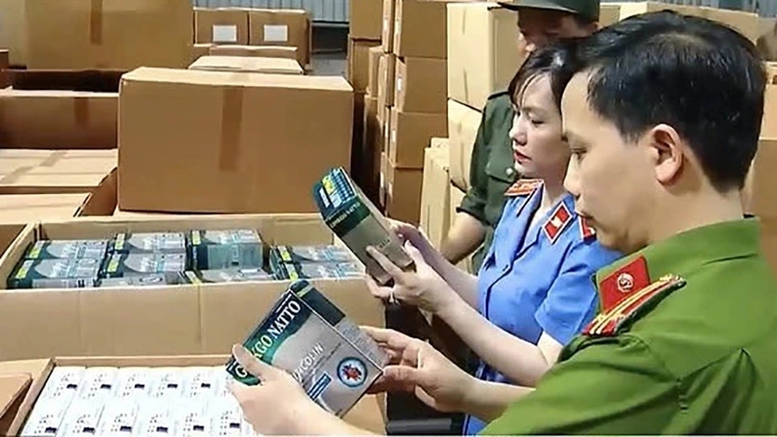
Strengthen surprise inspections of functional foods based on feedback from consumers, the press or authorities.
According to current regulations, functional foods are classified into 4 groups: dietary supplements, health protection foods, medical nutritional foods, and foods for special diets.
In which, the group of food supplements in the self-declaration dossier only controls the testing of safety indicators; the remaining two groups are medical nutritional foods and foods for special diets that have not been controlled for quality. Only the group of health protection foods is controlled for quality indicators, however, the declaration dossier is also very simple.
Radical change in post-audit method
Dr. Chu Quoc Thinh said that the Ministry of Health is learning management models from countries such as the US, Canada, Japan... These countries all strictly control the research stage, raw material standards for product development, registration, production until the product is circulated on the market.
The Ministry also plans to move the group of food supplements - currently self-declared and self-advertised by businesses - to the group that requires registration, declaration and submission of strict and complete technical documents.
Accordingly, the Ministry of Health is presiding over the draft amendment to Decree 15/2018/ND-CP in the direction of radically changing the post-inspection method and overcoming the above "loopholes".
The Ministry is proposing to apply the model of the US FDA and some reference countries, which is strict pre-checking of records and regular post-checking and surprise post-checking.
That is, after the enterprise announces the product, the authorities will have to proactively review the records and take market samples to check the actual quality, especially with health food products.
At the same time, we will step up surprise inspections based on feedback from consumers, the press or authorities. The testing system will also be tasked with proactively monitoring the market, instead of just checking on orders as it is now.
"3 parties" share responsibility for false advertising
The Deputy Director of the Food Safety Department also said that the new draft also proposes many stricter regulations in the advertising field, which is being widely exploited.
Specifically, celebrities, influencers, media platforms, and advertising publishers must all be held responsible for misleading and illegal advertising content.
On the management side, the Ministry of Health will also develop a code of ethics for advertising functional foods.
In particular, to suit the new business practices, the draft will propose to add the supervisory role of many other agencies such as the Ministry of Public Security , the Ministry of Industry and Trade, the Ministry of Culture - Sports - Tourism, and the Ministry of Science and Technology. These agencies will coordinate in post-inspection, remove false advertising, supervise testing laboratories, and strictly handle violations.
It is known that the draft amendment to Decree 15/2018/ND-CP is expected to be submitted to the Government for consideration and promulgation in late May and early June. In addition to the above proposals, the draft also proposes related regulations to further simplify administrative procedures, strengthen decentralization and post-inspection to improve the quality and control the features and uses of functional foods, etc.
Hien Minh
Source: https://baochinhphu.vn/quan-ly-nhom-thuc-pham-chuc-nang-nhu-the-nao-102250526152909466.htm




![[Photo] Prime Minister Pham Minh Chinh meets with Hungarian President Sulyok Tamas](https://vphoto.vietnam.vn/thumb/1200x675/vietnam/resource/IMAGE/2025/5/29/dbcaa73e92ea4448a03fe1d0de6d68e8)


![[Photo] Vietnamese and Hungarian leaders attend the opening of the exhibition by photographer Bozoky Dezso](https://vphoto.vietnam.vn/thumb/1200x675/vietnam/resource/IMAGE/2025/5/29/94d8ceca5db14af3bf31285551ae4bb3)
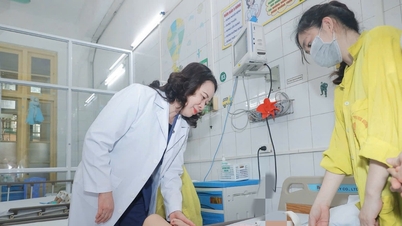






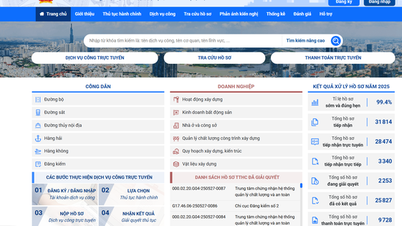








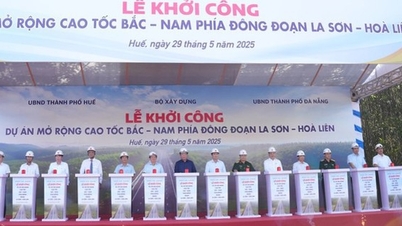

![[Photo] Prime Minister Pham Minh Chinh receives a bipartisan delegation of US House of Representatives](https://vphoto.vietnam.vn/thumb/1200x675/vietnam/resource/IMAGE/2025/5/28/468e61546b664d3f98dc75f6a3c2c880)








































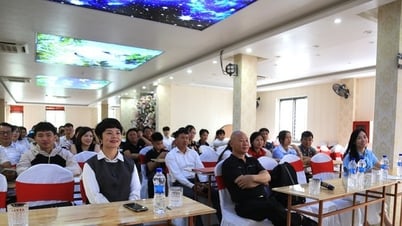

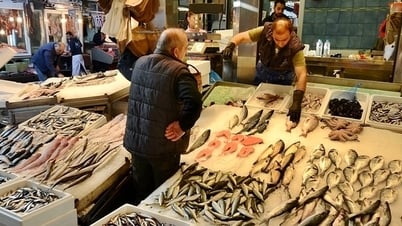







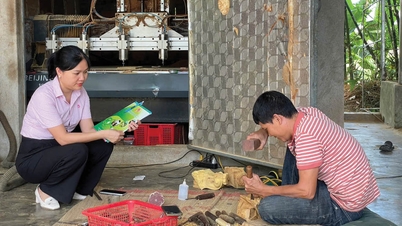

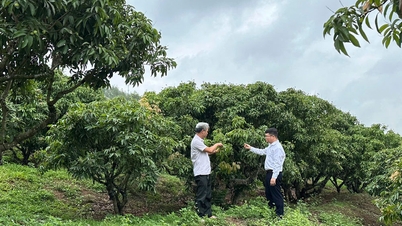











Comment (0)